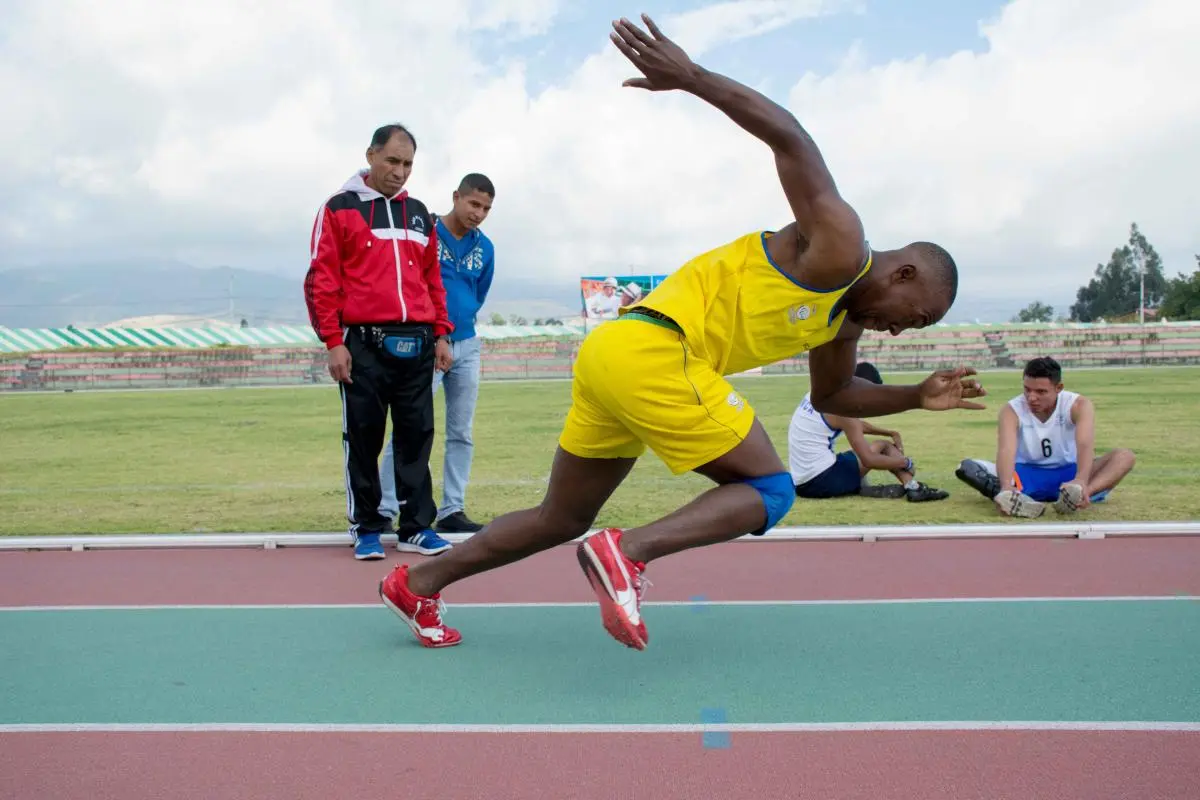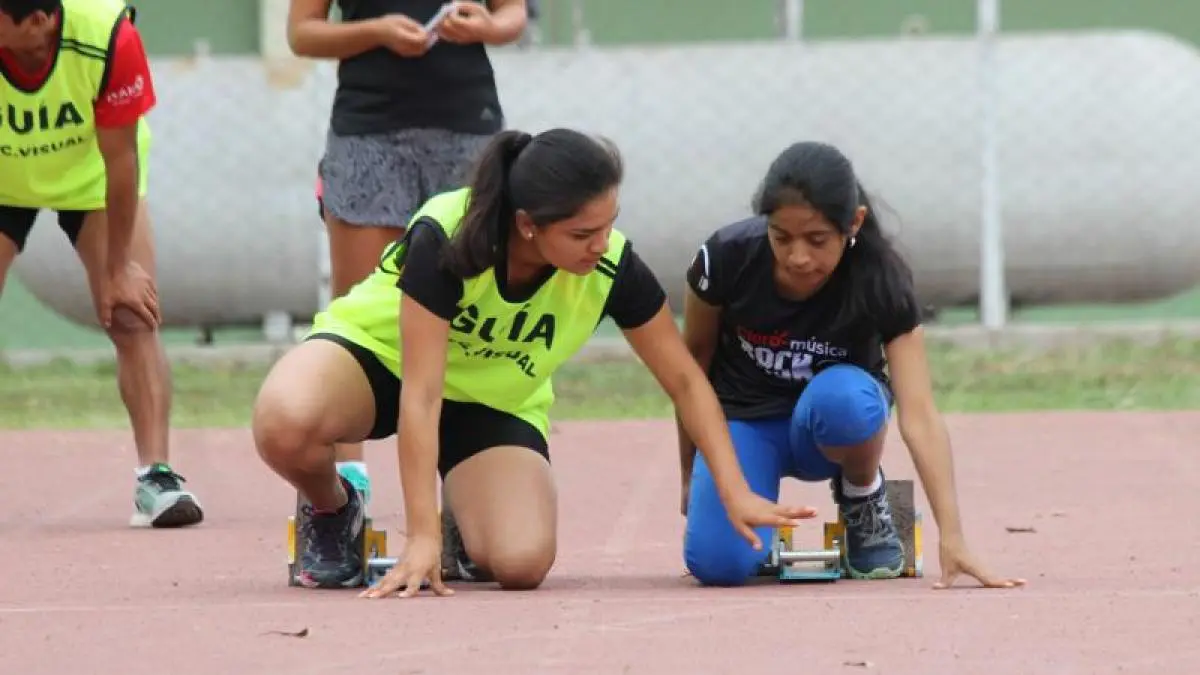
En Sus Marcas, Listos…Inclusión
From 2016–2024, this Inter-American Development Bank funded project empowered persons with disabilities in the most vulnerable communities, strengthened the capacity of 11 NPCs, and created a blueprint for how the public and private sectors could work together.
Overview

In Latin America there was an urgent need to address the social exclusion and marginalisation of persons with disabilities, especially in vulnerable communities.
Stigma and lack of awareness limited opportunities for persons with disabilities, while organisationally, NPCs often lacked the resources and reach to develop grassroots programmes.
En sus marcas, listos… Inclusión (ELI) recognised Para sport as a powerful tool for empowerment, social inclusion, and visibility of persons with disabilities, and used it to strengthen community engagement, build NPC capacity, and foster inclusion across public and private sectors.
Who was involved?
Led by the IPC and funded by Inter-American Development Bank (IDB), ELI engaged 11 NPCs from the Americas region - Argentina, Chile, Colombia, Dominican Republic, Ecuador, El Salvador, Guatemala, Nicaragua, Paraguay, Peru, and Trinidad & Tobago. National partners included universities, local governments, coaches, teachers, community leaders, and civil society organisations in 67 communities within these countries.
What was done?
ELI was implemented from 2016 to 2024 across 67 vulnerable communities in 11 Latin American countries.
The project began by identifying local needs and selecting communities with high rates of disability and socio-economic exclusion. Awareness workshops trained over 1,600 community leaders, educators, and families to reduce stigma and promote inclusion. More than 280 coaches received Para sport specific training in Para athletics, boccia, Para powerlifting, and Para swimming. Talent identification events introduced Para sport to over 1,600 people with disabilities, of whom 828 became new Para athletes. Regular training sessions were held in local facilities, led by trained coaches and supported by NPCs. Athletes also participated in the IPC Proud Paralympian programme and some competed internationally, gaining experience, skills in leadership and rights advocacy.
In parallel, the project strengthened NPC capacity, shaped inclusive public policies, and created partnerships with over 30 private companies to support sustainable inclusion through Para sport.
What made it special?
ELI’s inclusive, community-driven model went beyond Para sport. It combined athlete training with awareness workshops, coach development, communication campaigns and institutional support, creating lasting change at multiple levels. Activities were adapted to local cultures and needs, ensuring relevance and sustainability. By using leadership tools like Proud Paralympian, powerful communication messages and forging public-private partnerships, the project empowered persons with disabilities and built more inclusive ecosystems that can be replicated by others.
What changed?
The project transformed attitudes and broke down barriers in marginalised communities. For example, in Guatemala 60 percent of communities involved reported more positive views towards disability and 35 per cent less discrimination. Over 1,000 persons with disabilities were empowered to see themselves as Para athletes and leaders, boosting confidence and social inclusion by 70 per cent. Participant NPCs doubled Paralympic medals—from 25 in Rio 2016 to 28 in Tokyo 2020 and 53 in Paris 2024. The shift was not just in medals, but in mindsets — fostering lasting respect, opportunity, and change through Para sport.
What was learned?
Deep-rooted stigma took longer to change, while limited NPC resources and local infrastructure sometimes hindered consistent Para sport activities. Flexible, culturally adapted approaches were essential. Strong, ongoing partnerships with national and local governments required continuous effort. Variations in coaching quality and commitment showed the need to continuously identify and train volunteers, leaders, and coaches as key to community-level success.
Get started
Interested NPCs can replicate ELI by conducting needs assessments, identifying relevant stakeholders, partnering with more developed NPCs, and developing and implementing action plans. If interested, please contact the IPC at membership@paralympic.org to learn more.



